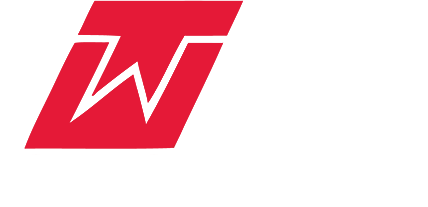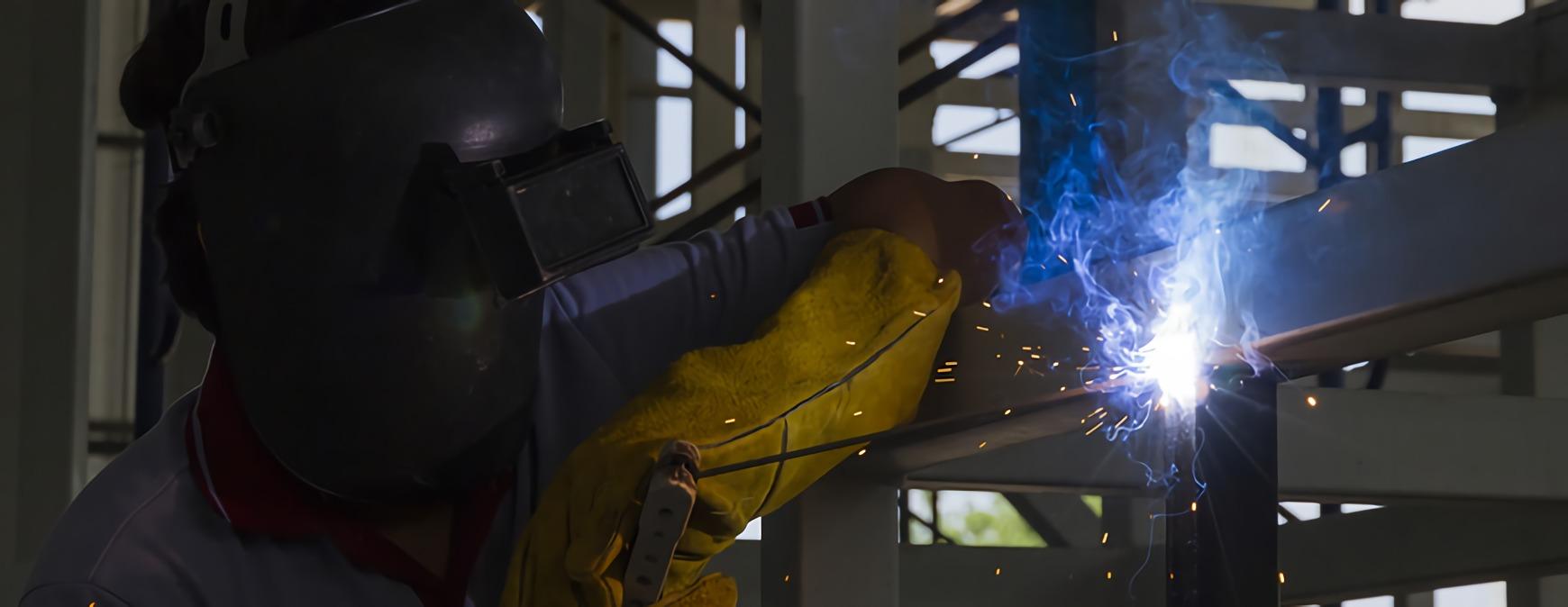
Structural welders create the metal framework for buildings and bridges as well as cut and repair beams, columns, and girders. They work for construction companies, manufacturers, ship builders, mining companies, oil and gas companies, and aerospace industries. Following is an overview of the qualifications and skills if you are considering a career as a structural welder.
Educational Requirements
There is no set path, but some employers prefer to hire welders who have received formal technical training. 1 Welding courses from an accredited trade school teaches valuable skills such as metallurgy, blueprint reading, chemistry, shop mathematics, and mechanical drawing. Even those who have graduated from a welding program can still expect to receive on-the-job training from an employer.
Skills Needed
Like any welding job, it is important to know how to read and interpret blueprints, use hand and cutting tools, and understand math and spatial relationships of objects to name a few. As structural welding is particularly dangerous, safety is crucial. Wearing a harness and other safety gear need to be worn especially if working at a considerable height. 2 You must pay attention to what you are doing at all times, never take anything for granted and follow welding safety guidelines explicitly.
Physical stamina and good health are also important. You will need to move heavy beams and/or welding equipment and bend, stoop, and reach while working. You may also be expected to work outside in unfavorable weather or in awkward positions. Having good hand-eye coordination is also imperative.1
Have You Considered a Career in the Skilled Trades?
Fill out the form to recieve a no obligation info packet.
Job Duties
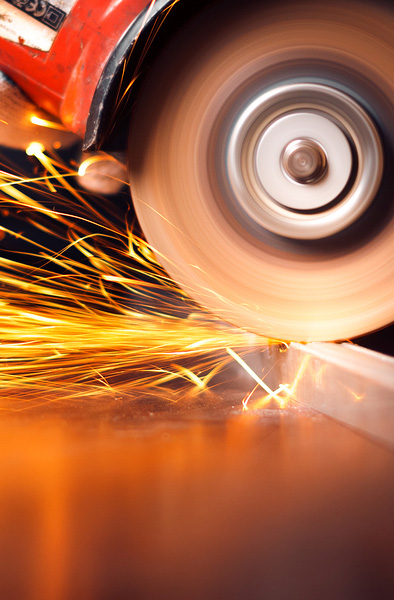
While job duties vary, the basic tasks of a structural welder are similar across all industries. At the start of your workday, you will likely test welding equipment and safety equipment to ensure that everything is in good working order. You will read the blueprints and specifications for the task at hand and then gather the tools needed to do the jobs in question. These may include hand tools, welding torches, and jigs. This must be done before the welding begins.
When the welding is done, you may need to grind, clean, buff, or polish the welded area. Additional heat treatment may also be required. A supervisor will always inspect the welds to make sure there are no mistakes; however, structural welders are expected to check their own work thoroughly for defects and other problems before an inspector comes to the worksite. 2
Job Outlook
Welders in general have skills that can be translated into different industries, and with the pending shortage of workers in the skilled trades, the job outlook is good. Also, with our aging infrastructure, jobs for welders may be available. However, it should be noted that structural welding, like other types, job opportunities are dependent on people having up to date training and those who are willing to relocate.
Additional Sources
1 – http://www.bls.gov/ooh/production/welders-cutters-solderers-and-brazers.htm#tab-4
2 – http://awsweldlink.org/careers/detail/structural-welder
This blog has been labeled as archived as it may no longer contain the most up-to-date data. For a list of all current blog posts, please visit our blog homepage at https://www.tws.edu/blog/
